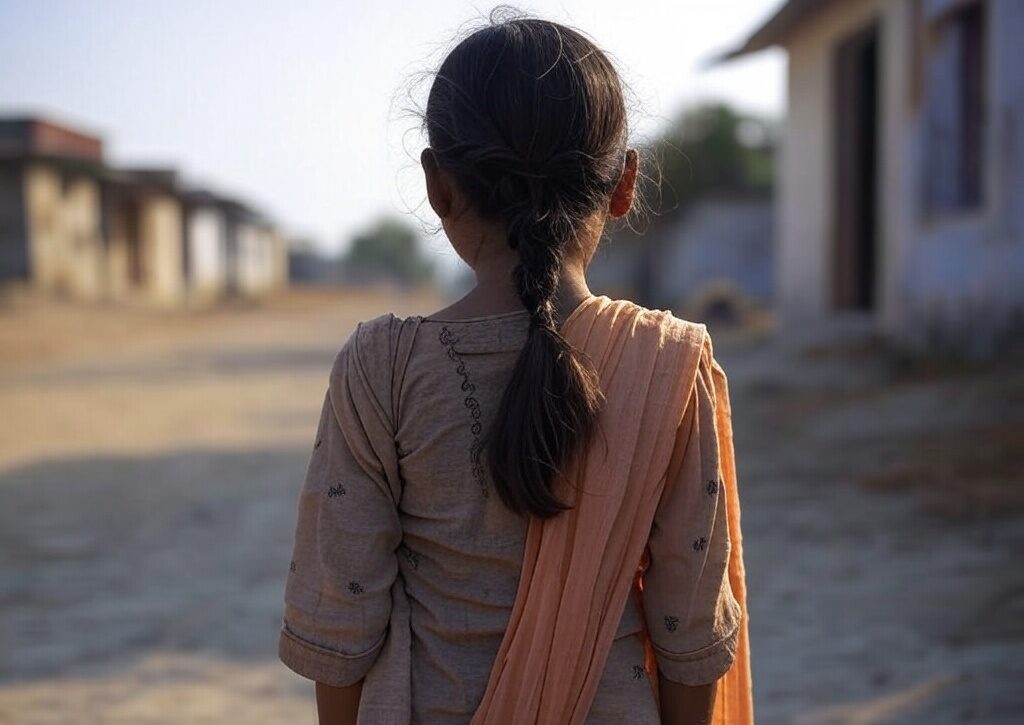
Two years after the Citizenship (Amendment) Act, 2019 (CAA) was passed by Parliament, the Ministry of Home Affairs (MHA) is yet to notify the rules governing the Act. The legislation cannot be implemented without the rules being notified.
After the CAA was passed, 83 persons were killed in protests and riots from December 2019-March 2020 in Assam, Uttar Pradesh, Karnataka, Meghalaya and Delhi.
The CAA was passed by the Lok Sabha on December 9, 2019 and by the Rajya Sabha on December 11 and was assented by the President on December 12. The MHA issued a notification later that the provisions of the Act will come into force from January 10, 2020.
The CAA provides citizenship on the basis of religion to six undocumented non-Muslim communities from Pakistan, Afghanistan and Bangladesh who entered India on or before December 31, 2014.
The Ministry had earlier written to the committees on subordinate legislation of both Houses to grant extension of time up to January 9, 2022 to frame the rules.
As per the Manual on Parliamentary Work, in case the Ministries/Departments are not able to frame the rules within the prescribed period of six months after a legislation is passed, “they should seek extension of time from the Committee on Subordinate Legislation stating reasons for such extension” which cannot be more than for three months at a time.
The MHA did not respond to questions on the delay.
On Thursday, the Minority Affairs Ministry told the Lok Sabha that “the constitutional and legal validity of the CAA has been challenged in the Hon’ble Supreme Court of India” and the “the matter is sub judice.” The Governments of Rajathan and Kerala have filed petitions under Article 131.
The Act has been opposed by many States too. The Central Government has received resolutions adopted by the Assemblies of Meghalaya, West Bengal, Tamil Nadu, Kerala and Punjab against the Act. Rajathan and Kerala have filed petitions in the Supreme Court under Article 131 (the Supreme Court shall, to the exclusion of any other court, have original jurisdiction in any dispute between the Government of India and one or more States).
The tribal areas of Assam, Meghalaya, Mizoram or Tripura as included in the Sixth Schedule to the Constitution and Arunachal Pradesh, Mizoram, Nagaland and Manipur are exempted from the CAA. The “illegal” migrants who will be deemed Indian citizens through the provisions of the Act will not be able to settle down in the exempted areas. The entire process will be online and the MHA will delegate responsibilities to the States to carry out verification of applicants.
Though the exact number is not known, Home Minister Amit Shah had told the Rajya Sabha on December 11, 2019 that “lakhs and crores” will benefit from the CAA.
In an affidavit filed in the Supreme Court in 2020, the Centre quoting a report by the then Ministry of Rehabilitation for 1964-65 said that around 4.5 lakh of 8.9 lakh people belonging to the minority communities from East Pakistan (now Bangladesh) came to West Bengal, Assam and Tripura without any documents.
Bangladesh was liberated in 1971. It is the undocumented minorities that the CAA intends to benefit. West Bengal Chief Minister Mamata Banerjee had said earlier that the CAA was not required as all those who came from Bangladesh were already citizens of India and were casting votes in elections here.
This story first appeared on thehindu.com






